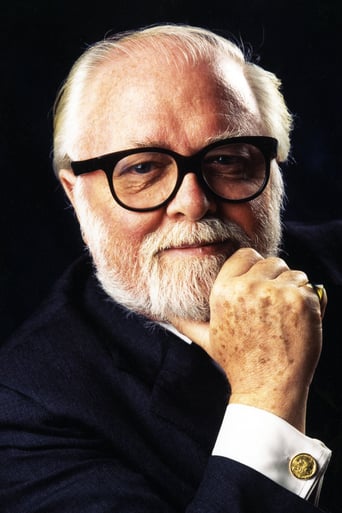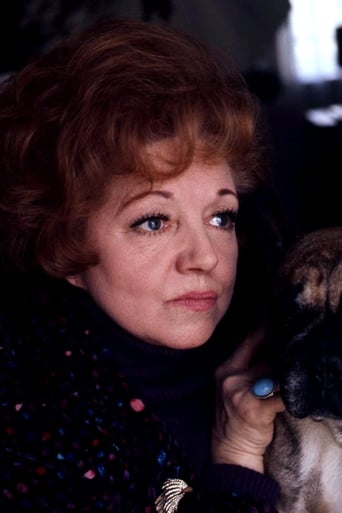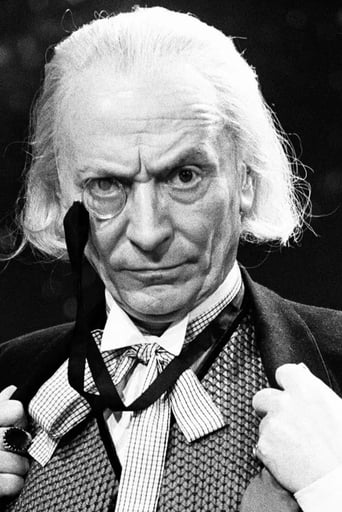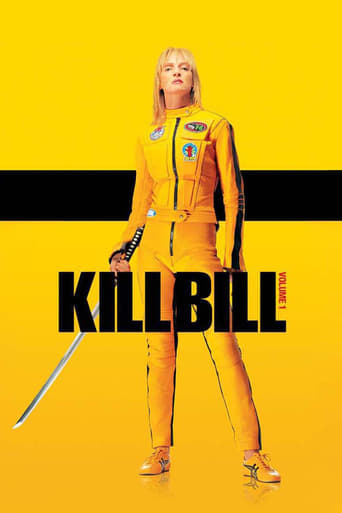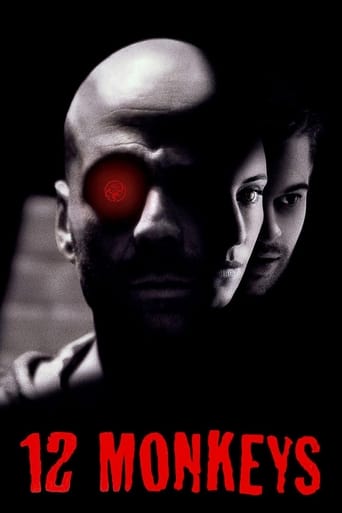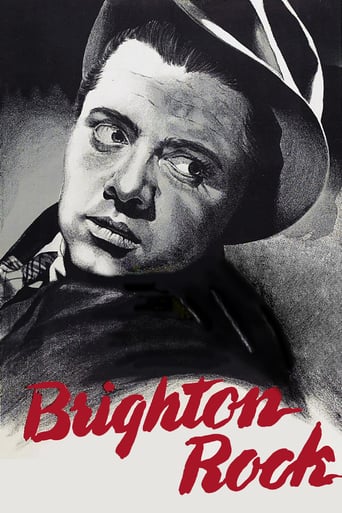
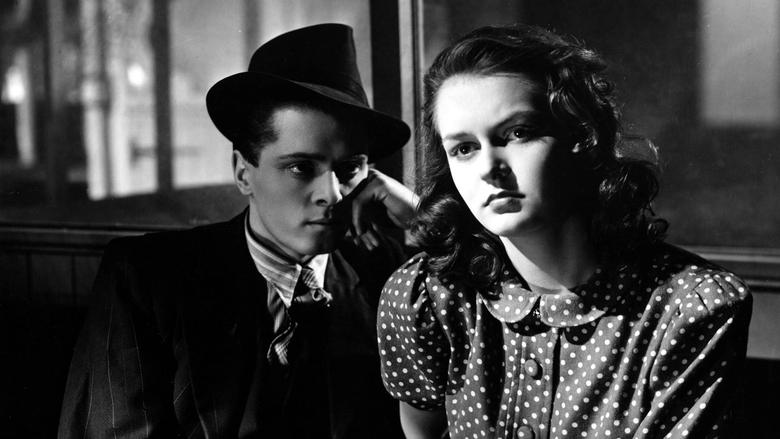
Brighton Rock (1951)
Centring on the activities of a gang of assorted criminals and, in particular, their leader – a vicious young hoodlum known as "Pinkie" – the film's main thematic concern is the criminal underbelly evident in inter-war Brighton.
Watch Trailer
Cast
Similar titles
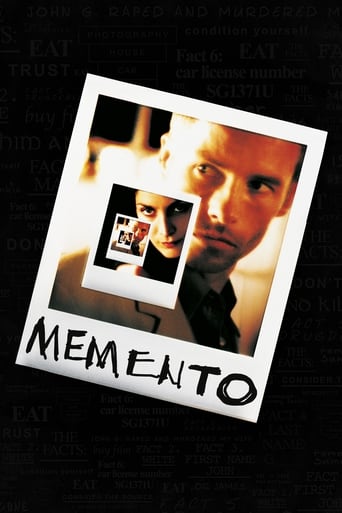

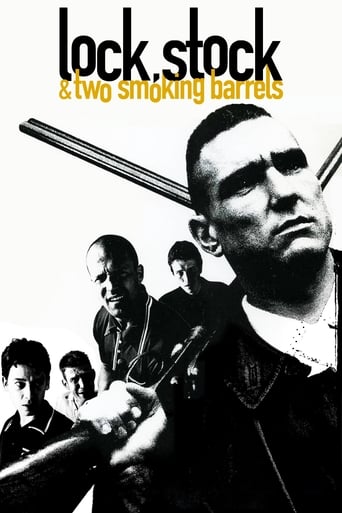
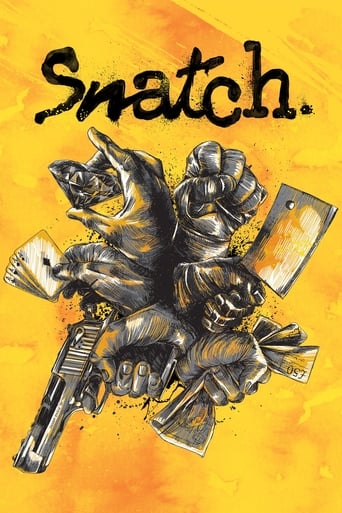
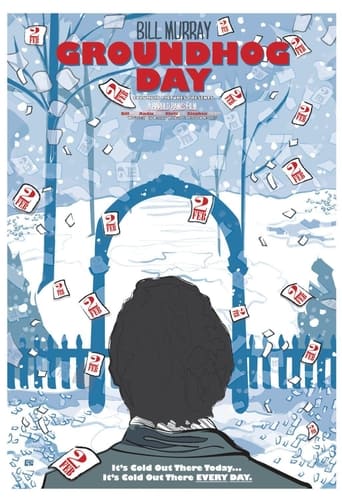
Reviews
Memorable, crazy movie
The performances transcend the film's tropes, grounding it in characters that feel more complete than this subgenre often produces.
This story has more twists and turns than a second-rate soap opera.
At first rather annoying in its heavy emphasis on reenactments, this movie ultimately proves fascinating, simply because the complicated, highly dramatic tale it tells still almost defies belief.
The beach getaway town of Brighton, England, during and after WWII had a gangster under-class and Pinkie Brown (Richard Attenborough) epitomizes its sinister decay in John Boulting's hoodlum classic "Brighton Rock". A newspaper man is sent to Brighton as a part of a gimmick to bust his newspaper's circulation. The newspaper man had a history with the gang and their revenge leads to murder. A mess up in the murder develops into the ruin of the gang and sets Pinkie on a self-destructive course. Pinkie is irredeemably bad and the young Attenborough inhabits the part, few film characters are portray as clearly and unremittingly as this. The relationship he has with a young waitress is selfish and cruel. "Brighton Rock" makes all this real and a screen play by Graham Greene is top notch. Considered number one among the British hoodlum movies, this film, smooth and thoughtful, delivers.
I recently discovered this little gem of a movie and enjoyed it immensely. It is a dark film noir type of film that looks as though it was made on a modest budget by the infamous Boulting Brothers.Pinkie Brown (Richard Attenborough) is head of a "mob" that runs a protection racket out of a Brighton race track. Members of his group, of which he is the youngest include: Dallow (William Hartnell), Pruitt (Harcourt Williams), Spicer (Wylie Watson) and Cubitt (Nigel Stock) who run their operation from a seedy rooming house.Pinkie sets out to eliminate his competition in the person of Fred Hale (Alan Wheatley). During the pursuit of Fred, Fred becomes acquainted with Ida Arnold (Hermoine Baddeley)whom he helps with a gift. Shortly after their meeting, Fred is eliminated by Pinkie. The police report lists Fred's death as suicide but Ida knows better and sets out to prove it Miss Marple style.Ida'a investigation turns up a naïve young waitress Rose (Carol Marsh) who apparently knows more than she seems. Pinkie too becomes interested in Rose for the simple reason that she could implicate him in Fred's murder. Pinkie begins to "court" the young waitress to the point that they get married on the premise that a wife cannot testify against her husband. Ida discovers that Rose and Pinky are together.In the meantime, dissension among the members of the gang results in another murder. Becoming increasingly paranoid, Pinky devises a suicide pact with Rose to escape persecution but has ulterior motives. Ida suspects that Pinkie is up to something and goes to the police. Meanwhile Pinky and Rose go to an isolated spot to carry out their pact when........................................................Attenborough, whose friends called him "Dickie" is outstanding as the baby faced small time hoodlum. He was only in his early 20s at the time.His dead pan expression is positively terrifying. Baddeley on the other hand, also turns in a top notch performance as the boisterous snooping Ida.From the useless trivia department, Alan Wheatley who plays Fred, was The Sheriff of Nottingham in the Richard Greene Robin Hood series of the early 60s.
It might be a commonplace critically to pronounce the first film version of Graham Greene's novel to be not as good as the source- text, but in this case we would be terribly wrong.John Boulting's film offers a dystopian world of mid-twentieth century Brighton: ostensibly set during the Thirties but applying as much to the time when the film was released. The resort's streets teem with people desperately trying to have a good time in the sunshine, sitting in deck-chairs, eating in shabby restaurants, enjoying rides in the Chamber of Horrors or eating candy-floss. Brief romances wither and flourish; older citizens find solace in the pub. No one, it seems, can think about the future; everything must be lived in the present, otherwise they might succumb to desperation.In this kind of environment it's hardly surprising that Pinkie (Richard Attenborough) and his gang should thrive. They can offer 'protection' from the chaos - at a price, of course - and should their victims be unable to pay up, they can be readily disposed of. This was the time of the spiv and his henchpersons, who walked unmolested through the streets, carefully concealing themselves from public view and striking when and where necessary.Harry Waxman has produced some truly memorable visual metaphors for this world. He uses a tilted camera in which the characters' faces are reflected in the mirror; on at least two occasions he has people smashing china figures on the ground. The death of Pinkie's loyal associate Spicer (Wylie Watson) is truly shocking, especially when the gang-leader throws a suitcase of the old man's clothes from an upper level down to the lower level, to rest on the inanimate corpse. Human life is that cheap for the young man. Yet the Boultings' version of the book also focuses on another level of meaning, as it tries to explore Pinkie's psychology in terms of his religion. He continually fingers his rosary beads, reminding us of his lapsed Catholicism; this represents a source of considerable guilt, but he conceals it beneath a veneer of bravado. Attenborough is quite masterful at this; his face remains impassive throughout, his eyes staring coldly at the camera or boring into his friends' expressions as if defying them to detect a chink of emotion underneath. He believes that the only means to survive in an amoral world is to be a 'hard man.'In line with the censorship codes of the day, Pinkie is brought to bear in the end, as he loses his sang froid and commits suicide - a final betrayal of his Catholic faith. But the Boultings have not finished yet; in a supremely unexpected moment, they have Pinkie's common-law widow (Carol Marsh) playing a gramophone record of her husband disclosing her true feelings for him. The needle sticks, and we hear only one phrase repeated over and over, so much so that it becomes meaningless - a suitable metaphor for the world Pinkie inhabited.Owing a lot to the pragmatic techniques of British documentary film=making, with lighting and shadow effects straight from German Expressionist movies of the previous decade, BRIGHTON ROCK is a true classic of the postwar British cinema, as arresting today as it ever was.
One of, if not the Best, British Film-Noir, this is an Unforgiving Utilization of the Noir Tropes that in 1947 were being Formatted in Real Time. It is Remarkable that the Brits were Sensing the Power and Presentation of the American Film-Noir and made this one with the Skill and Style Essential for the Genre.Bleak, at times Bewildering, Plot with Layers upon Layers of Intertwining Intrigue. It's Dense and Disturbing with its Story of Gangsterism in a most Visceral and for the Time, Gut-Wrenching, Suspenseful Violence and Immorality.The Religious Theme essential to the Characters was not an Easy Thing to Pull Off. In Fact, looking back it is a Wonder that it Survived the "Censors" that were having None of that Criticism with Christian Commentary. It's Catholic Guilt and the Film does not shy from Presenting Iconic Displays (Rosary, Crucifix, and Nun).There is Talk of Heaven, Hell, and Atheists ("who don't know nothing"). The Church of England somewhat Off the Hook and laid at the feet of the "Pointy Hats" in Rome.This is an Unforgettable Film with Richard Attenborough giving a Soulless, utterly Unsympathetic Portrayal. The Visuals are Sharp and Expressionistic and the whole Cast is Outstanding. Baffling and Overly Complex Plot Details are its Only Drawback. Otherwise this is as Intense as any Film-Noir and a Testament to the British Filmmakers that Crafted this Graham Greene Screenplay from His Novel.
